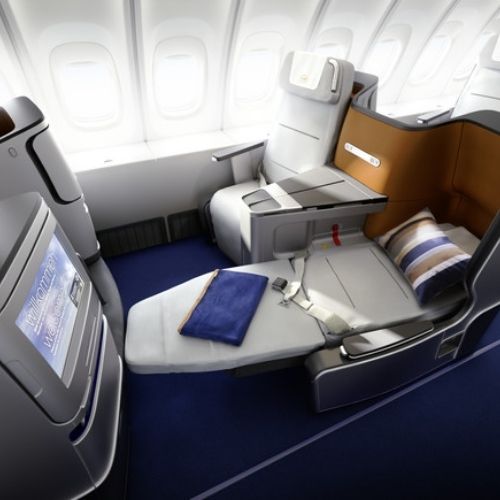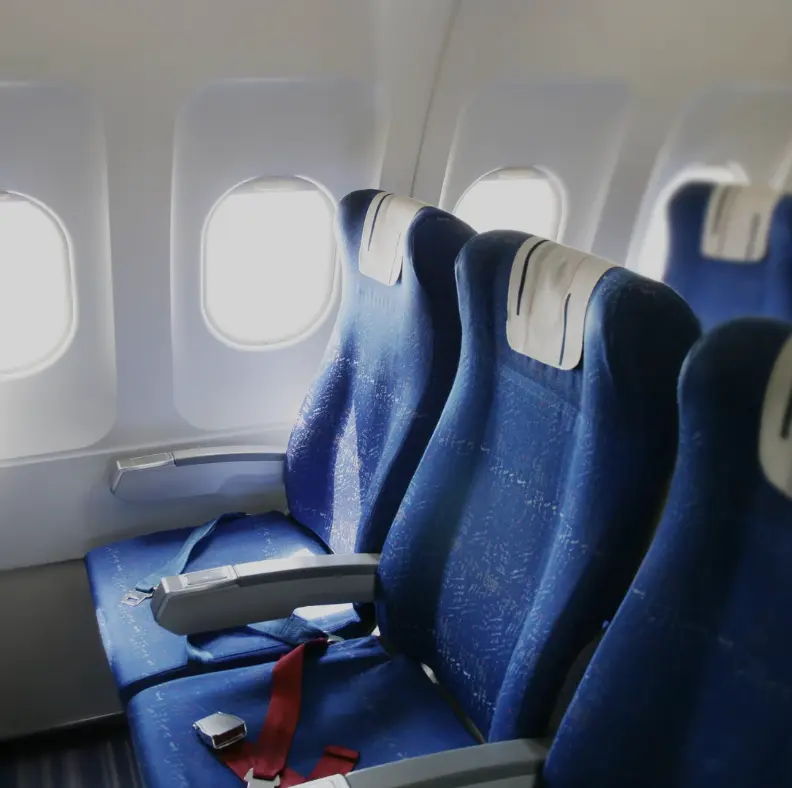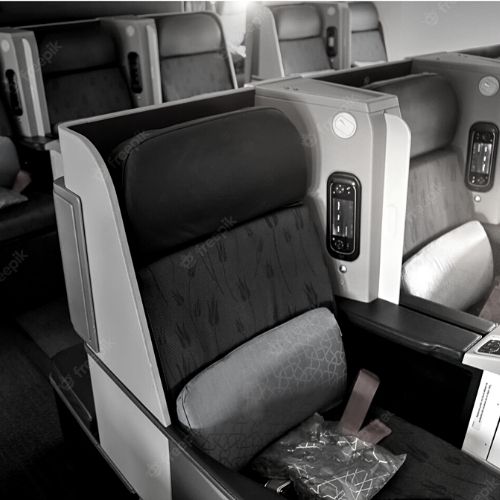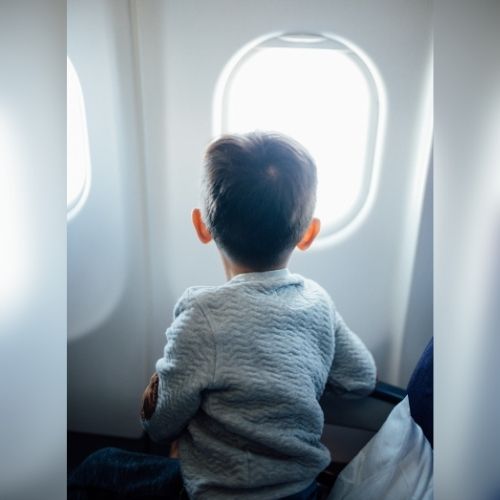UNMR Policy
- Home
- UNMR Policy
UNMR Policy
UNMR Policy
Unaccompanied Minor (UMNR) Policy in Flights
The Unaccompanied Minor (UMNR) policy is an important consideration for airlines that cater to children traveling alone. This policy is designed to ensure the safety and well-being of minors who are not accompanied by an adult on their journey. Airlines recognize that young passengers may require special attention and assistance throughout their flight, and the UMNR service is provided to ensure a smooth and secure travel experience.
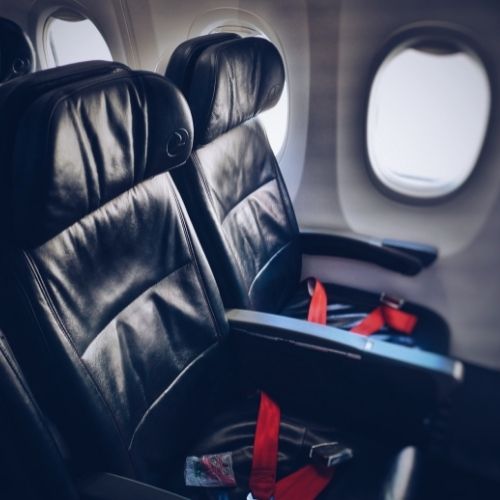
Who Qualifies for UMNR Service?
Unaccompanied Minor service is typically available for children aged 5-14 years old, but different airlines have different policies when it comes to the age range. Children younger than 5 years of age are generally not allowed to travel alone, and an accompanying adult must be present. Children above 14-17 years may be allowed to travel alone, but they may also opt for the UMNR service, especially on long or international flights, to ensure added security and assistance.
How Does the UMNR Service Work?
Booking the Service: Parents or guardians must request the UMNR service when booking the flight. This can be done during the initial booking process or added later by contacting the airline. It is essential to inform the airline that the child will be traveling alone to ensure the proper arrangements are made.
Required Documents: The parent or guardian must fill out specific forms provided by the airline. These forms will typically ask for the details of the child’s travel plans, emergency contacts, and any medical conditions the airline staff should be aware of. A copy of the child’s ID (passport, birth certificate, etc.) and consent from the parent or guardian will also be required to ensure the airline has all the necessary documentation to take care of the child.
Check-In Process: Upon arrival at the airport, parents or guardians must check in the child at the designated Unaccompanied Minor desk. Airlines usually require that the child be dropped off at the airport by an adult at least 2 hours before departure to allow for adequate check-in time and preparation.
Escorting the Child to the Gate: After check-in, the child will be escorted by an airline representative through security, to the gate, and onto the plane. The airline staff will ensure that the child is properly seated and settled in. Parents can often get special passes to accompany the child through the security check-in process before saying their goodbyes.
In-Flight Assistance: While on the plane, the crew is responsible for ensuring the safety and comfort of the unaccompanied minor. The flight attendants are specially trained to handle minors traveling alone and will provide extra care during the flight. They will ensure that the child is comfortable, has meals, and is well looked after throughout the journey.
Arrival and Pickup: Upon arrival at the destination, the child will be met by an airline representative and handed over only to the pre-designated adult authorized to pick up the child. Airlines will not release the child to anyone who is not on the approved list, ensuring that the child is safely transferred to the correct adult. Parents or guardians must provide a valid ID and sometimes sign a release form to confirm the handover.
UMNR Fees
Most airlines charge an additional fee for the Unaccompanied Minor service. The fee varies depending on the airline, the destination, and the length of the flight. Generally, this fee covers the cost of the extra services provided, including the additional staff required to assist the minor and provide in-flight care. The fee can be a flat rate or a per-leg cost (one fee for each flight segment).
Important Guidelines for Parents and Guardians:
Age Restrictions:
Make sure to check the specific airline’s age requirements for unaccompanied minors. Some airlines have a minimum age requirement, and they may only allow children within a certain age group to travel alone.Flight Selection:
It’s advisable to book direct flights when possible, as this reduces the chances of delays or confusion during layovers. Some airlines may not offer UMNR services on connecting flights or flights with long layovers, so direct flights are a safer option.Arrival Time:
Arrive at the airport early to allow for all necessary paperwork and check-in processes. Airlines may have specific counters for unaccompanied minors, and it’s essential to make sure the child is properly handed over to the airline staff.Identification and Contact Information:
Ensure that you have all the necessary identification documents for the child, and double-check the emergency contact details. Having someone available on both ends of the journey is important in case any issues arise.Emergency Situations:
Airlines will have procedures in place for emergencies, but it’s a good idea to inform the airline if the child has any medical conditions or special requirements that may need attention during the flight.

